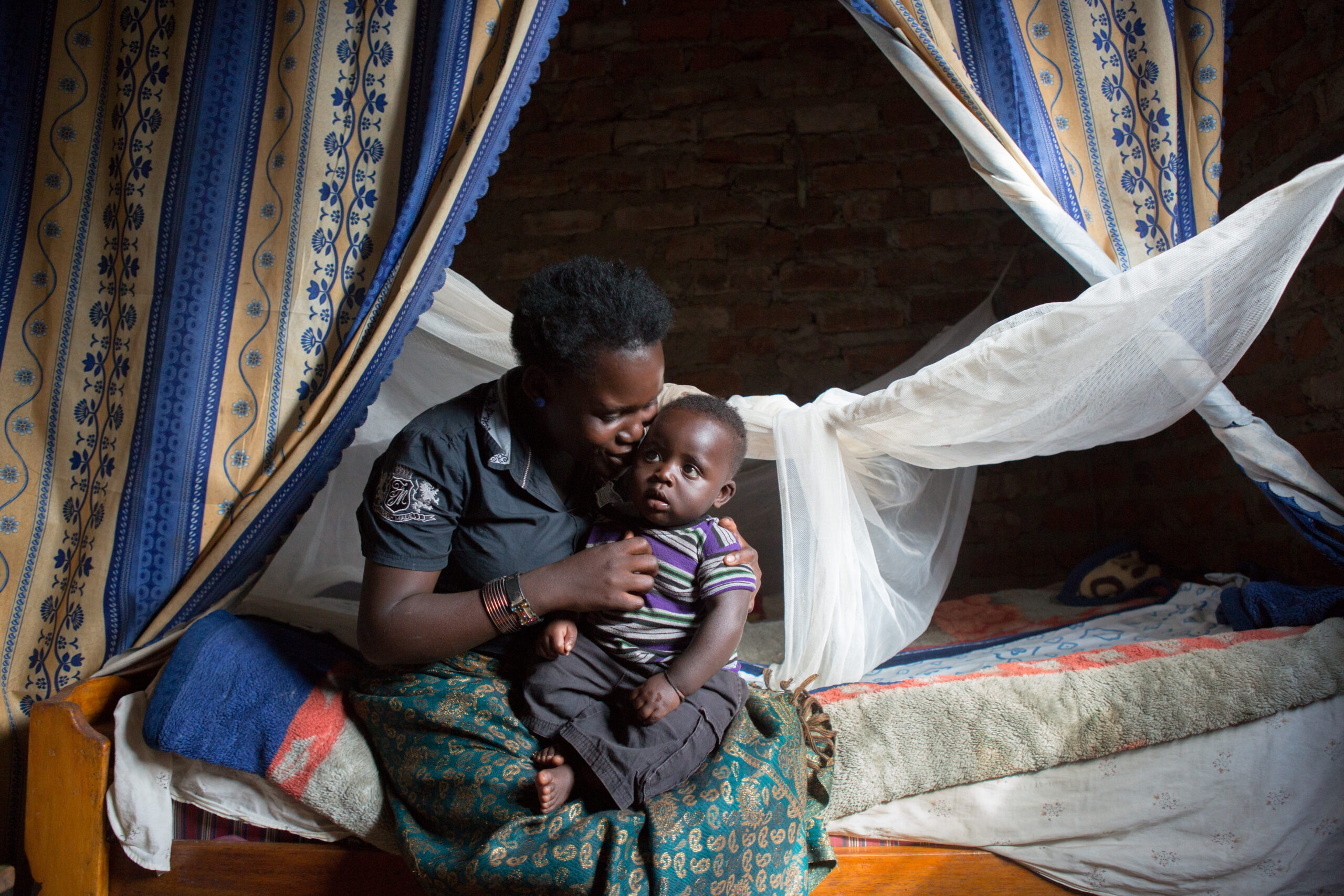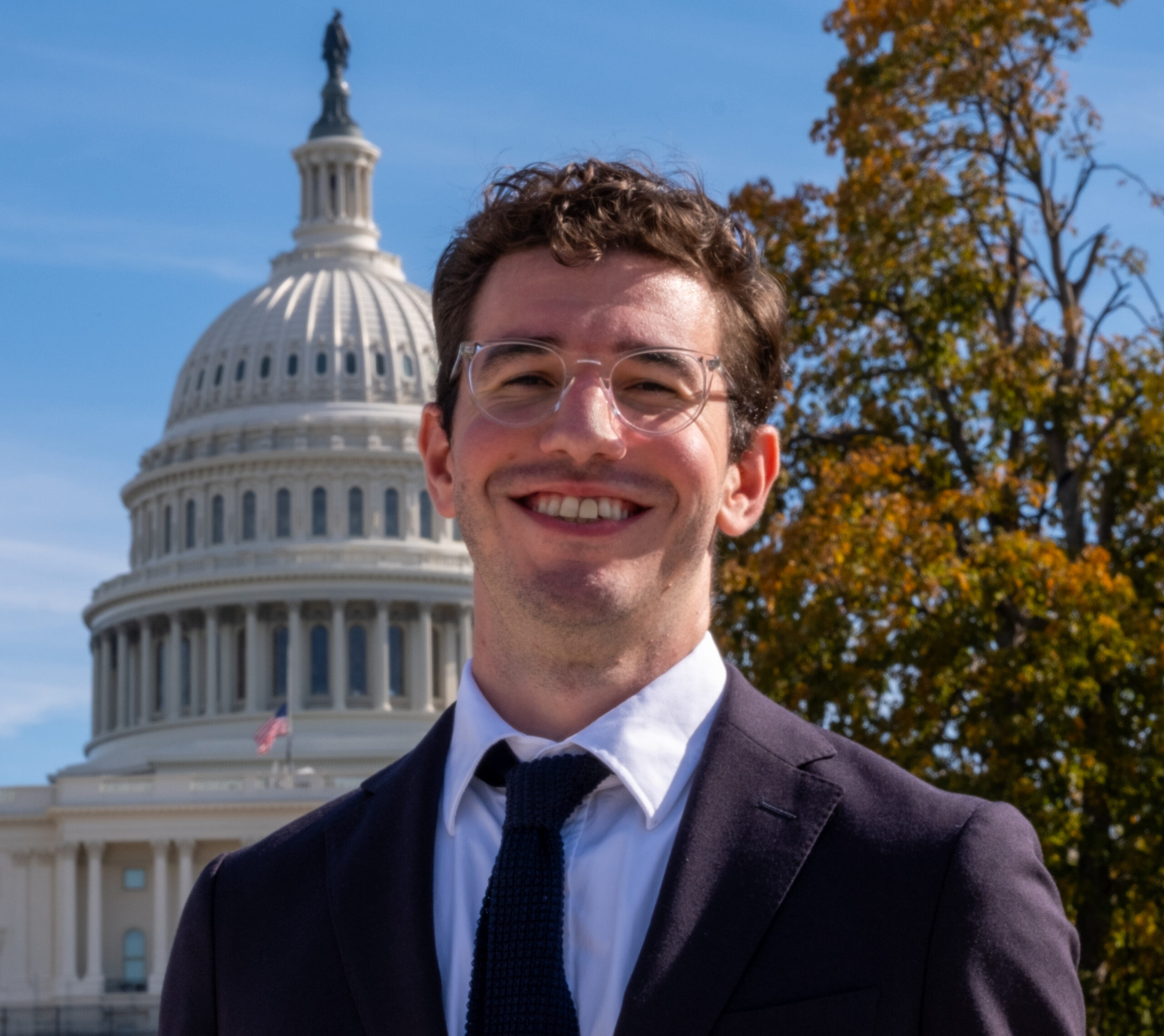Global Refugee Forum Begins as Refugee Health at Risk
Starting December 13, the Global Refugee Forum will convene refugees and leaders from government, business, and civil society, as record numbers of people continue to be displaced with serious consequences for their health and wellbeing.

Today, there are over 100 million refugees and displaced people, including more than 40 million children. Conflict, climate change, instability, and economic deprivation are forcing people from their homes in record numbers. Climate change, in particular, could force more than 140 million more people to migrate by 2050, according to estimates by the World Bank.
The refugee crisis is a health crisis
This humanitarian crisis is also a health crisis. Refugees and displaced people are among those whose health is most vulnerable. In addition to the toll that forced displacement can take on an individual’s health, refugees often lack access to clean water, nutrition, and essential health services.
Though host countries are increasingly integrating refugees into their health systems, many still suffer from lack of access. And in many countries that host refugees, most of which are low- or middle-income, health systems are already overburdened. Lack of healthcare access has meant displaced and refugee children are disproportionately un- or under-vaccinated. For example, just 61% of refugee children are vaccinated against measles compared to 83% of children globally, far less than the 95% necessary to prevent deadly outbreaks.
Conditions in displaced communities, such as population density, lack of access to clean water and basic sanitation, and higher rates of malnutrition, also put children at disproportionate risk of infectious disease. Refugee and displaced children are among the most vulnerable in the world to rotavirus, the most common cause of severe diarrheal disease among children. They are also particularly susceptible to pneumonia, the leading infectious cause of death among children under five and a major health threat during humanitarian emergencies.
Finally, the changing climate that is driving so much contemporary migration also has serious implications for health. Rising temperatures and changing weather patterns have led to surging cases of tropical diseases, including malaria––already one of the leading causes of death among refugee children. As the disease spreads to areas that were once malaria-free, many of which are home to significant displaced populations, the situation threatens to worsen.
Starting with solutions
The knowledge sharing, cooperation, and real material commitments made at the Global Refugee Forum will represent an important first step towards protecting the health of displaced and refugee children. The threats are real, but solutions exist if we have the will and resources to implement them.
Many of the diseases that present the greatest threats to refugee health––including measles, pneumonia, and diarrheal disease––are preventable with safe, effective vaccines. For the first time, we even have two promising vaccines against malaria that are already being rolled out. To protect refugees, the health systems of countries that host them and the international organizations that serve them must have the resources to immunize them.
Vaccines are not a silver bullet that will solve all the health problems that come with displacement. Traditional preventive health measures, like insecticide treated bed nets for malaria, will continue to play a significant role as we work to expand vaccine access. Improving sanitation and nutrition remains critically important. And refugees must continue to be integrated into national health systems so that they have access to the full range of treatment and care. But we can start by making sure refugee children have access to vaccines––a simple, lifesaving health intervention––and give them the chance for a brighter future.

